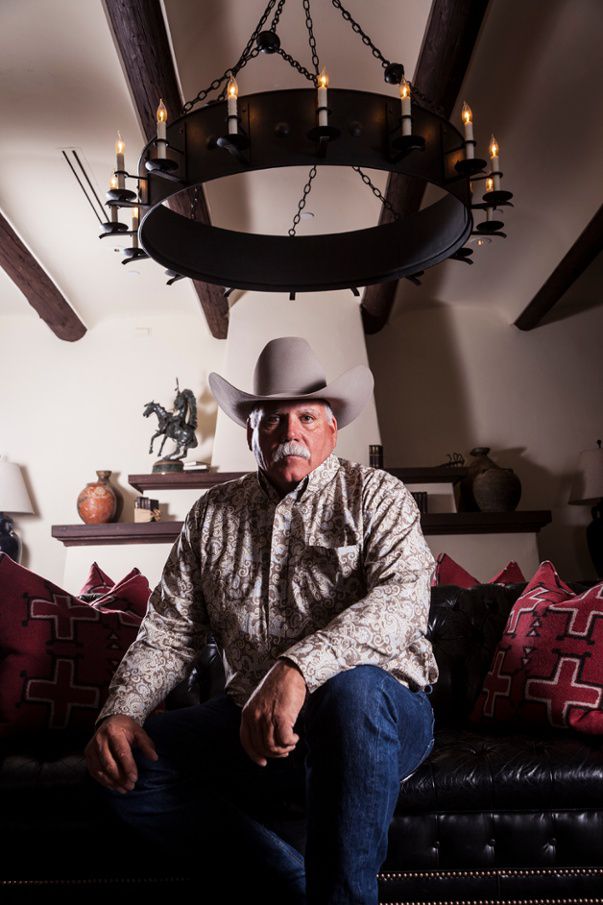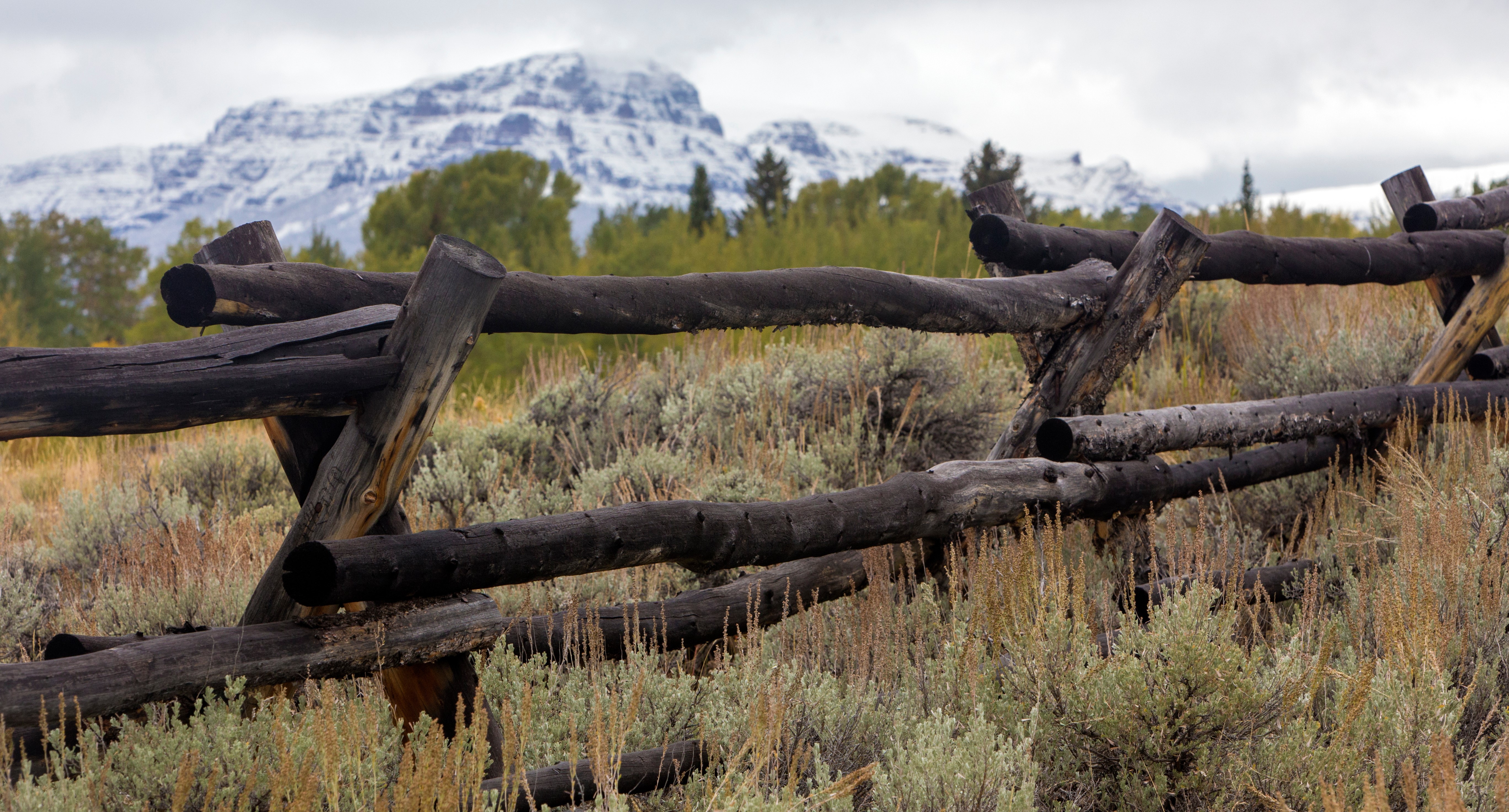
Emmett Sturgill
Emmett Sturgill, an Arizona rancher, Arizona Department of Public Safety Supervisor, public lands advocate, and cattle rancher stays busy with his family and other organizations in Kingman, Arizona. Emmett, his wife Lori, and their children and grandchildren have been involved in ranching together since 1990. He is an advocate for public lands ranching and has served in numerous leadership roles for this industry's organizations. He has served as the Mohave Livestock Association President, a Board Member for the Arizona Farm Bureau, and as an Executive Board member and Public Lands Committee member for the Arizona Cattle Grower’s Association. For Emmett, many things have changed over the years, but his advocacy for public lands and permittee grazing remains strong.
Growing up, Emmett found himself working on multiple ranches with his father. His father was a cowboy and worked the ranches, but he didn’t own them. Emmett learned to value and love the cowboy lifestyle. “I always knew I wanted to be a cowboy for as long as I can remember.” Emmett purchased his first few head of cattle in 1974 and has been involved in the cattle business in one form or another since. At the beginning of his career, he day-worked on ranches in exchange for grazing space for his cattle. Emmett leased his first ranch, the Valentine Ranch, in 1990, and he has since sold his interest to his son and grandchildren. In 1993, Emmett leased the Canyon Springs Ranch, where he ran a Corrientes cow/calf operation until 2015 when he sold his interest to his ranch partner. In 2008, he leased the Cedar Canyon Ranch with a 600 head permit cow/calf operation. In 2009 he and his family moved to the headquarters of that ranch, where he now resides today. In 2015, he purchased the Cedar Canyon Ranch, and he continues to run a successful Red and Black Angus operation. Additionally, Emmett and Lori purchased the Diamond Bar Ranch with a 373 head permit, which has since been sold to a young couple who was excited to continue the cow/calf operation.
Throughout most of Emmett’s ranching career, he has been relying on public lands and permits while handling the occasional hurdles that come with them. When asked what the most important part of a ranch is, Emmett expressed the importance of infrastructure. “These public lands have been subdivided so many times over the years that some of the most critical parts aren’t included in the piece you might be on. Knowing that my livestock has access to water and being able to get to them easily is very important!” Emmett then further discussed the importance of easements and how to handle others on the land along with his herd. Emmett has remained an advocate for public lands ranching throughout his career. He recalls being politically active and standing up for his own ranch lands and other permittee holders. “The Biden Administration’s agenda and recent public lands proposed rule is going to devastate public lands ranching as we know it,” declared Emmett. “They have the most rules and regulations in place more now than ever before. It is time to join together and be a part of organizations like the Public Lands Council, so we can stand up for our lands and lifestyles. Trust me, ranching isn’t easy, and it’s not meant for everyone. That’s why we have to speak up about how these regulations affect us and our lives and share our stories. Simply put, if you don’t get involved, you won’t have a ranch.”
As much as Emmett and his family have enjoyed ranching over the years, Emmett shared that he and his wife are ready to slow down. He retired from the Arizona Department of Public Safety in 2009 after 35 years as the Supervisor of a multi-agency narcotics task force and is down to owning and managing only one ranch. “We are in limbo right now with what is going on with our lives! I truly don’t know what’s next for my family and I, but I do know that the future of our ranch is going to be in good hands.” Emmett shared stories about the connections he and his family have made with new up and coming ranchers and how he is excited to continue working with them and his own children on what is in store for the future of ranching. “We don’t want to make ranching a thing of the past. Ranching is an incredible way to make a living. Not everyone can do it, but those that can are extremely passionate about it. I hope that one day my family will want to take over my ranch and continue building what my wife and I have built over the years!”
